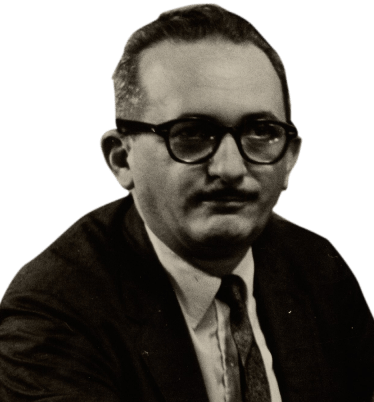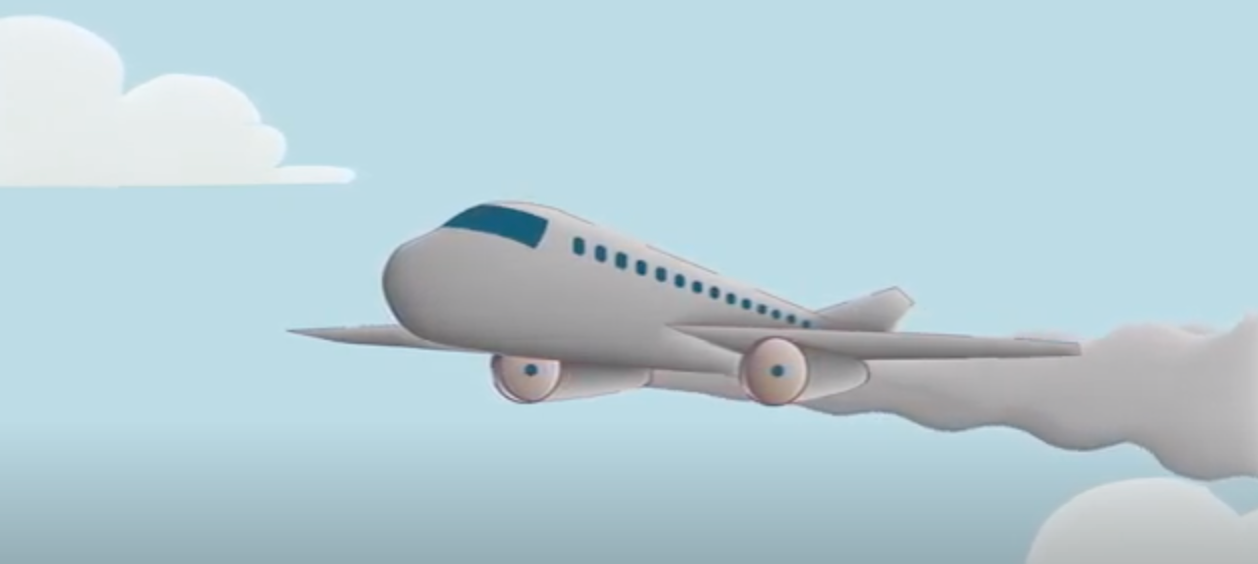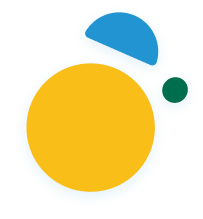What is Global Citizenship Education?
GCE is an active and creative educational process to increase awareness and understanding of the world in which we live. It facilitates critical thinking and challenges perceptions and stereotypes. It supports learners, in age-appropriate ways, to make connections between their own lives and international social justice issues. It encourages empathy, hope, reflection, participation, collaboration, and action for justice and positive change.
Who is it for?
GCE is for everyone. Through age- and context-appropriate activities, learners engage in reflection, critical analysis of, and action on, global themes. GCE is relevant to many aspects of a person’s life. It is influenced by different roles played by a person, and different environments engaged with e.g. professional, community, education, social, economic, cultural. GCE has four key elements: knowledge, skills, values and attitudes, and action.
Key Elements of Global Citizenship Education

Knowledge
The knowledge element of GCE engages learners with facts, statistics and accounts of global challenges and their impacts on individual people, communities, and the natural world. These global challenges include poverty, inequality, discrimination, the climate crisis, human rights violations, loss of biodiversity, unsustainable development and much more. To avoid circulating disinformation, it is imperative that the information used in GCE lessons and activities comes from reputable sources. In addition, learners should be taught to critically analyse information and distinguish fact from opinion.

Skills
GCE sets out to support learners to develop a wide range of skills which will help them to understand and engage with the world as active global citizens. These skills include critical thinking, research and analysis, team work and collaboration, discussion and debate, problem solving, empathy and reflection.

Values & Attitudes
GCE is focused on achieving a more just and sustainable world. The core values of social justice, equity, inclusivity and solidarity are central to this mission. By engaging in GCE lessons and activities, learners reflect upon, discuss and develop their own attitudes towards global challenges. While learning about and considering the weight of these challenges, learners are supported to develop hope and to imagine and believe that a more just world is achievable.

Action
Taking action is an inherent element of GCE. Learners are supported to imagine a fairer and more sustainable world, and to identify and pursue opportunities for positive change. Actions grounded in social justice and solidarity are a central and crucial component of critical GCE and stand in contrast to charity-based responses to global issues. Critical GCE sets out to challenge structural inequalites to achieve lasting change.
Key GCE Policies
Some of the key policies and documents used to guide Global Village activities can be found below.
Paulo Freire
The Author
Paulo Reglus Neves Freire (19 September 1921 – 2 May 1997) was a Brazilian educator and philosopher who was a leading advocate of critical pedagogy.

The Work
His influential work Pedagogy of the Oppressed is generally considered one of the foundational texts of the critical pedagogy movement
There is no such thing as a neutral education process. Education either functions as an instrument which is used to facilitate the integration of generations into the logic of the present system and bring about conformity to it, or it becomes the “practice of freedom”, the means by which men and women deal critically with reality and discover how to participate in the transformation of their world.
















